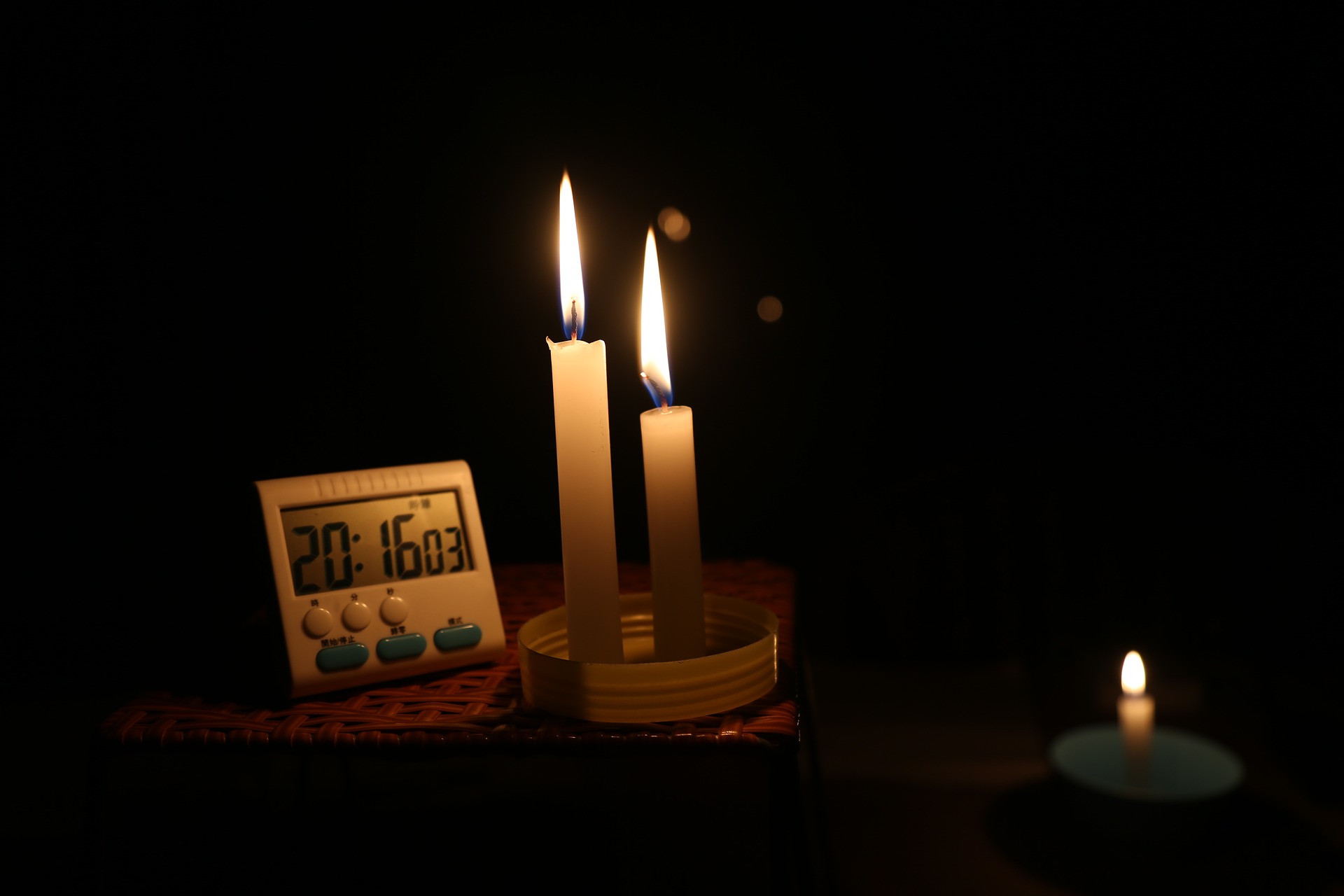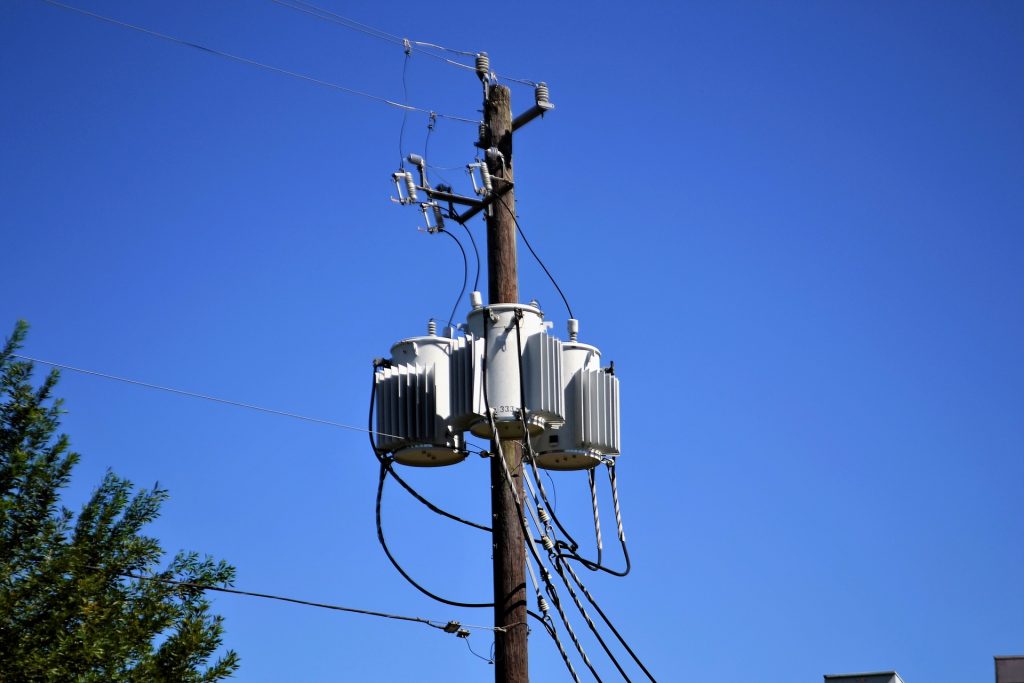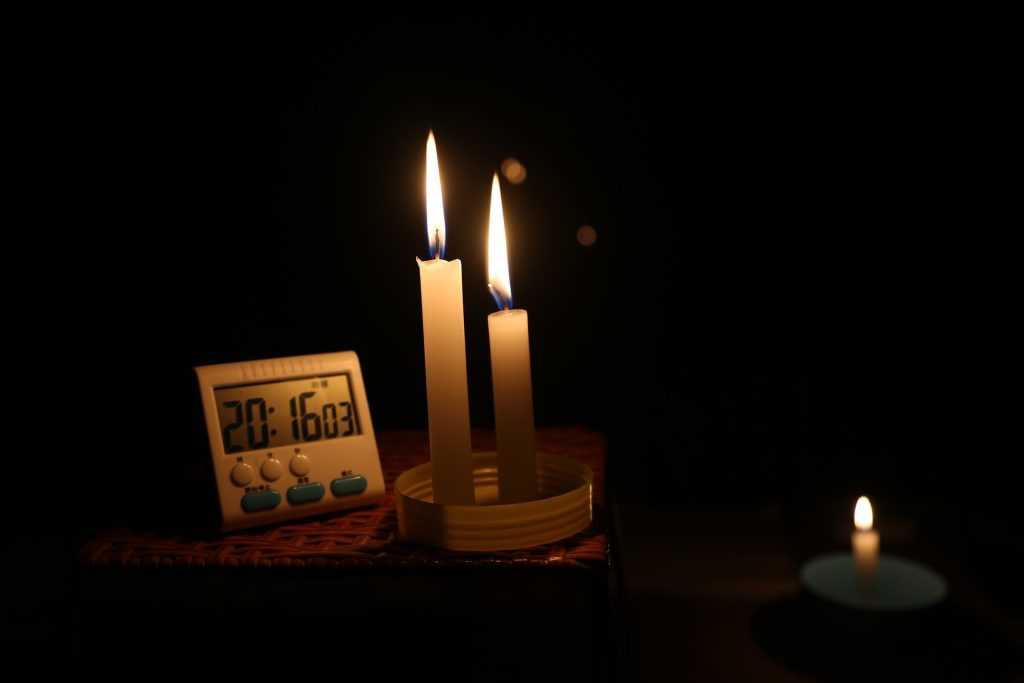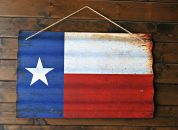
Anyone moving to Houston, TX within the last 10 years knows that this city is all about growth. Now regarded as the fourth most-populous city in the U.S., hospitable Houston reached the 2-million mark in population in the year 2001 and has continued steady growth to a current population of over 2 million 300 thousand. Growth has been physically visible in many ways, as new homes and offices rise to welcome their new occupants.
Growth spreads in all directions; a long-term Houston resident notes that these days once-separate Katy TX, almost 30 miles away, seems much more like a Houston suburb than a separate city. New residents are arriving from every state to participate in Texas’ overall growth and that of Houston in particular. Whole new communities have come into being, according to our observer, with houses “selling like hot bread!”
Houston is An Energy Hub
Houston has always been an energy hub. Newcomers and longer-time residents can enjoy everything from the high-tech of Space Center Houston to the low-tech of Houston’s Underground Tunnel Tour. An easy day trip brings you to historic Galveston and the Gulf of Mexico. Minute Maid Park combines the feel of an old-fashioned ballpark with all the futuristic tech the Astros need.
For newcomers, and for long-time Texas residents as well, rapid growth means rapid adjustment to lots of change. Even familiar problems may well have new solutions. For example, you wake up in the morning to find your alarm clock is still asleep. Your electric toothbrush is no longer electric, and that first cup of coffee isn’t happening in this kitchen. You’ve lost electric power. That aggravation may be a familiar one, but its solution has a new twist.
The reason may be immediately clear — a fallen tree; hurricane-force winds. Or it may be a mystery—two blocks with houses brightly lit on one side and dark on the other. In either case, you need to report the electricity problem and get it fixed. In a deregulated electricity market, getting your notification out takes a little preparation. But losing your power presents a great opportunity to see how the silent partner in your energy plan works to restore the electricity you need.
Difference Between Retail Electric Provider and Utility Company
The partner you already know well is the electricity company that offered a variety of energy plans for you to choose from. This is where you pay your bill, call if you have a question about charges or contact when you are moving or beginning a new plan. In the industry, these companies are called Retail Electric Providers or REPs for short. That R for Retail is important to remember. What your electricity provider offers you is all the convenience of a ready-to-use finished product. If getting electricity into your house were like a food-chain, that R could stand for Restaurant.
Even at a restaurant with a high level of farm-to-table consciousness, when you order the beef stew, you basically take it the way they make it. You can probably ask what ranch the beef was raised on, but if you’re watching your salt, don’t really like carrots, want your gravy a certain shade of brown—and not too much of it—you need to order something else. Finished product means your electric provider offers you the means to buy electricity, but that’s where their job ends. Through deregulation, dozens of electricity companies offer dozens of electricity rates, giving you an opportunity to select a plan that most closely meets your needs. Your energy provider brings electricity to your home contractually.
Your second partner, which can be called your utility, has several names in the industry: TDU (Transmission and Distribution Utility); TDSP (Transmission and Distribution Service Provider and EDU (Electric Distribution Utility). Notice that Distribution and Utility appear in all those “monograms.” Utility shares linguistic roots with words like use and useful. Those terms tell you this is the company responsible for getting the electric power on your Retail contract into your house. Utilities are often referred to as the “wires and poles” part of the business, and your utility partner is the one you need to contact if you or some part of your electric system needs repairs.
While hundreds of retail providers offer electricity plans, only six utilities offer repair and restoration service to the whole state. They are: CenterPoint (covering Houston), Oncor, AEP Central, AEP North, Sharyland Utilities, and Texas New Mexico Power Company. You do not have a choice of utility company. Their service areas were created and agreed upon as part of deregulation. Your utility brings electricity to your house physically.
How to Contact Your Utility in Case of Emergency or Power Outage
Most important is knowing how to contact your utility in case of an emergency or other power outage. Make obtaining or double-checking the emergency contact number for your utility part of every contract you sign for a new electricity plan. Ask your retail electricity provider for the current emergency contact number.
If you lose or forget the number, check the Electricity Facts Label published online for your electricity plan. If your plan is no longer listed on your provider’s website, choose the most similar plan from the same electricity provider. Contact info for the utility partner should be the same as the plan you have right now. This may be more efficient than running through old bills. Retail providers can style their bills however they wish, and information may be hard to find. On the EFL, the utility contact information is in the upper left-hand corner of every plan.
Non-Emergency Reason to Contact Your Utility Company
When you have a little non-emergency time, go online to the utility’s website. There you will find numbers not just for emergencies, but also for the other services your utility provides. Telephone numbers on the website should help you:
- Contact the utility before you begin construction on your home or property. Many people recognize that new electric wiring will be subject to inspection, but your utility can also assist in locating underground power lines that you might damage by digging in the wrong place.
- Notify your utility that someone in your house depends on critical-care medical equipment. That means that, in case of disaster, you and your utility can work together to coordinate repair schedules with medical needs.
- Work out problems involving tall trees and electric power lines. In many cases, trees must be pruned by the utility, not the tree’s owner. A utility inspection can clarify rights and responsibilities of both parties for healthy tree maintenance.
You know you’re living in changing times when even the problems you’ve solved for years seem to have new solutions. Fortunately, in a period of rapid growth and change, retail energy providers and their utility partners are teaming up to keep your home comfortable and well-lit at all times. Visit this link to shop and compare electricity rates in Houston, TX.











